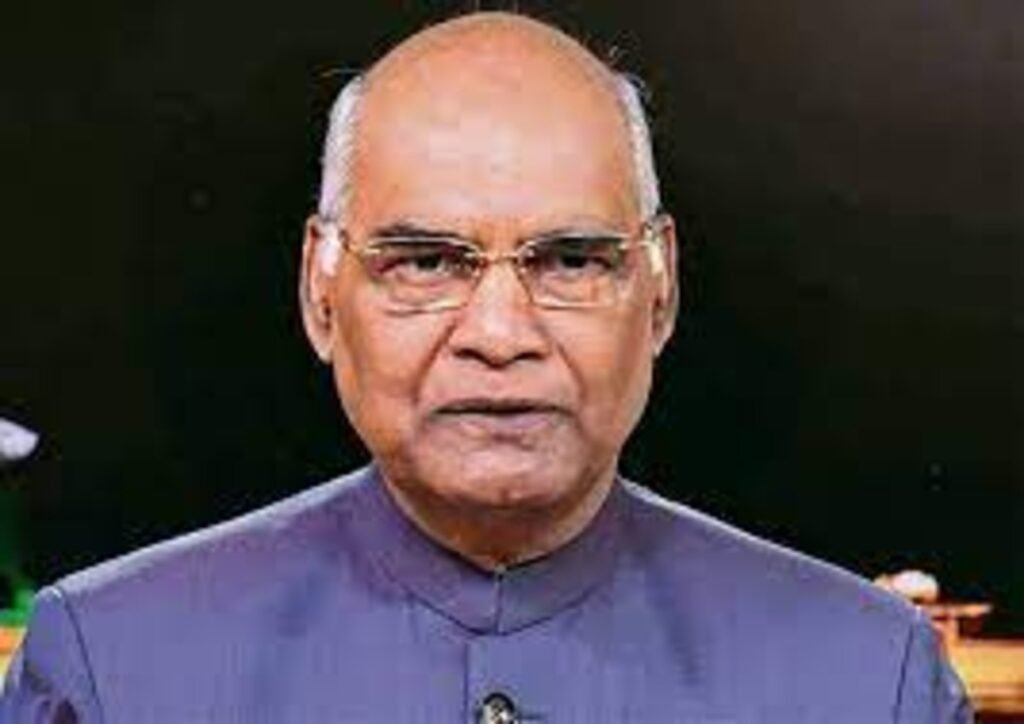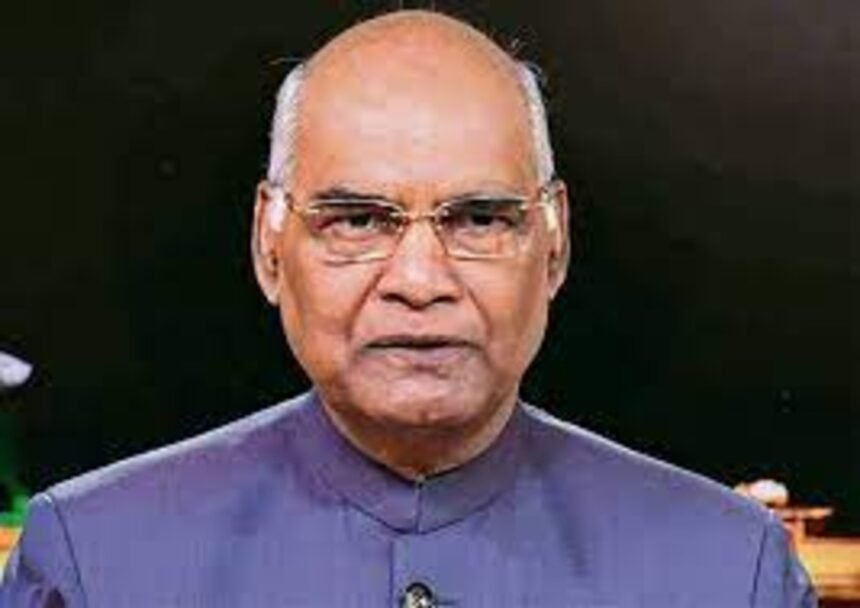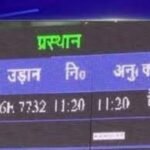September 1, 2023
Introduction
In a significant development, the Indian government has taken a major step towards implementing the ‘One Nation, One Election’ proposal by establishing a committee tasked with studying the issue and submitting a comprehensive report. This pivotal committee will be led by former President Ram Nath Kovind.

The decision to form this committee follows the recent announcement of a special session of the Parliament scheduled to convene from September 18 to 22. While speculation runs high that a bill related to ‘One Nation, One Election’ might be tabled during this session, government officials have refrained from confirming this possibility.
‘One Nation, One Election’ envisions the simultaneous conduct of Lok Sabha (the lower house of India’s Parliament) and state assembly elections across the entire nation. This concept has been a recurring topic of discussion within Indian politics, particularly championed by the ruling Bharatiya Janata Party (BJP) and Prime Minister Narendra Modi. It was also included in the BJP’s manifesto for the 2014 Lok Sabha elections.
India historically held simultaneous elections until 1967 when this practice was discontinued due to premature dissolutions of some state assemblies in 1968-69. Additionally, the Lok Sabha was dissolved a year ahead of schedule in 1970, leading to mid-term elections in 1971.
BJP 2014 Lok Sabha Manifesto
The BJP’s 2014 Lok Sabha Election Manifesto committed to initiating electoral reforms aimed at holding assembly and Lok Sabha elections simultaneously. The manifesto emphasized that this move would reduce election expenses for both political parties and the government while providing greater stability to state governments.
Prime Minister Modi has consistently voiced his support for simultaneous elections, citing the financial strain and governance interruptions caused by frequent polls. In 2016, he began discussing the issue, and shortly after the 2019 Lok Sabha elections, he convened an all-party meeting to explore potential solutions. Notably, several opposition parties chose to abstain from this meeting.
Communist Party of India reacts
In response to the formation of the committee, Communist Party of India General Secretary D Raja expressed skepticism, suggesting that the BJP is overly fixated on the idea of ‘One Nation, One’ in various aspects of governance, including culture, religion, language, and now, elections.
He remarked, “Ever since the BJP came to power, it has been obsessed with one nation, one culture; one nation, one religion; one nation, one language; one nation, one tax; now one nation, one election; then one nation, one party; one nation, one leader. That is the obsession the BJP is suffering from.”
Raja also raised concerns about the diminishing role of Parliament in India’s democracy, suggesting that the government’s actions might be undermining its authority. The purpose of the upcoming special session of Parliament remains unclear, but it comes amid growing political tensions as opposition parties unite under the INDIA banner.
Conclusion
The formation of the committee, headed by former President Ram Nath Kovind, marks a significant step towards potentially realizing the ‘One Nation, One Election’ concept. However, the path to its implementation remains uncertain, given the varied perspectives and complexities of Indian politics. The committee’s report is eagerly awaited, and its findings are expected to shape the future of India’s electoral landscape.






